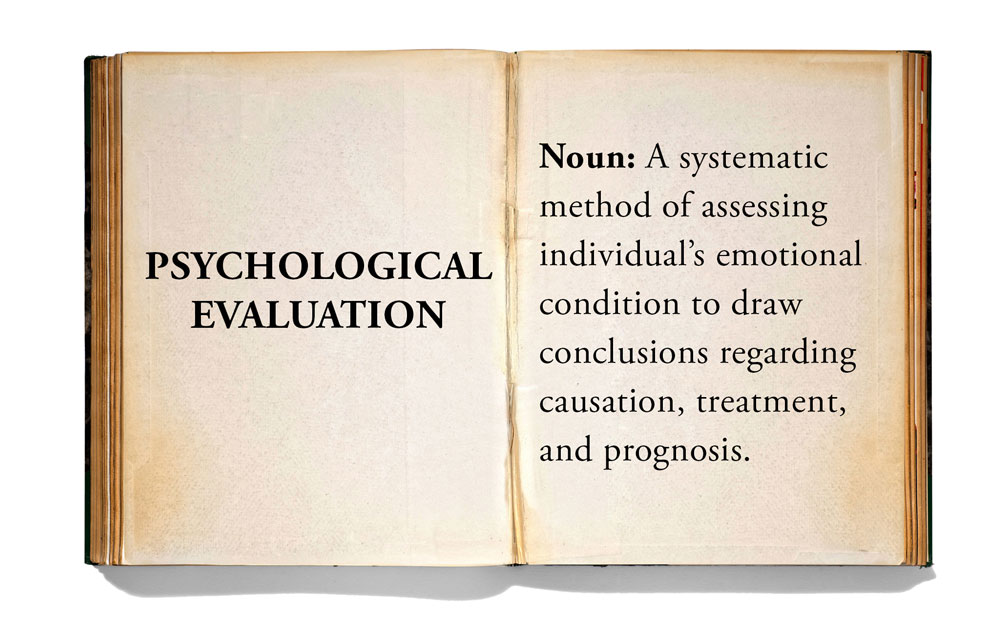
Our psychological evaluations are comprehensive and thorough; they last on average approximately 10 hours, spread across at least two days, and include an individualized battery of state-of-the-art standardized tests as well as structured diagnostic interviews, record review, and collateral information gathering as needed. We have evaluated well over 200 plaintiffs at the request of both plaintiff and defense attorneys. Our reports have never been disallowed nor our testimony prohibited.
We have also conducted analysis and critique of organizational policies and procedures of hundreds of companies, both large and small, as well as large scale organizational studies at the request of both plaintiffs and defendants in the context of major class action litigation.

Trauma/PTSD
Whether it is social phobia, specific phobia, post traumatic stress disorder, general anxiety disorder, obsessive compulsive disorder, or similar, it falls under the category of anxiety disorder, and calls for clinical and...

Depressive Disorders
A relationship goes through numerous phases during its life cycle, and it is obvious for it to have a few rough patches. However, the strength of a relationship is reflected in how the couples deal with those ...

Personality Disorders
Individual treatment is often termed as psychotherapy, and is meant to help people with their emotional issues, which can range in order of their severity or intensity. The main aim of this form of therapy is to change...




